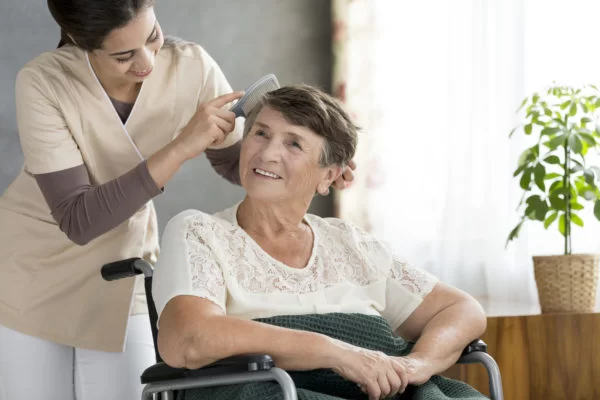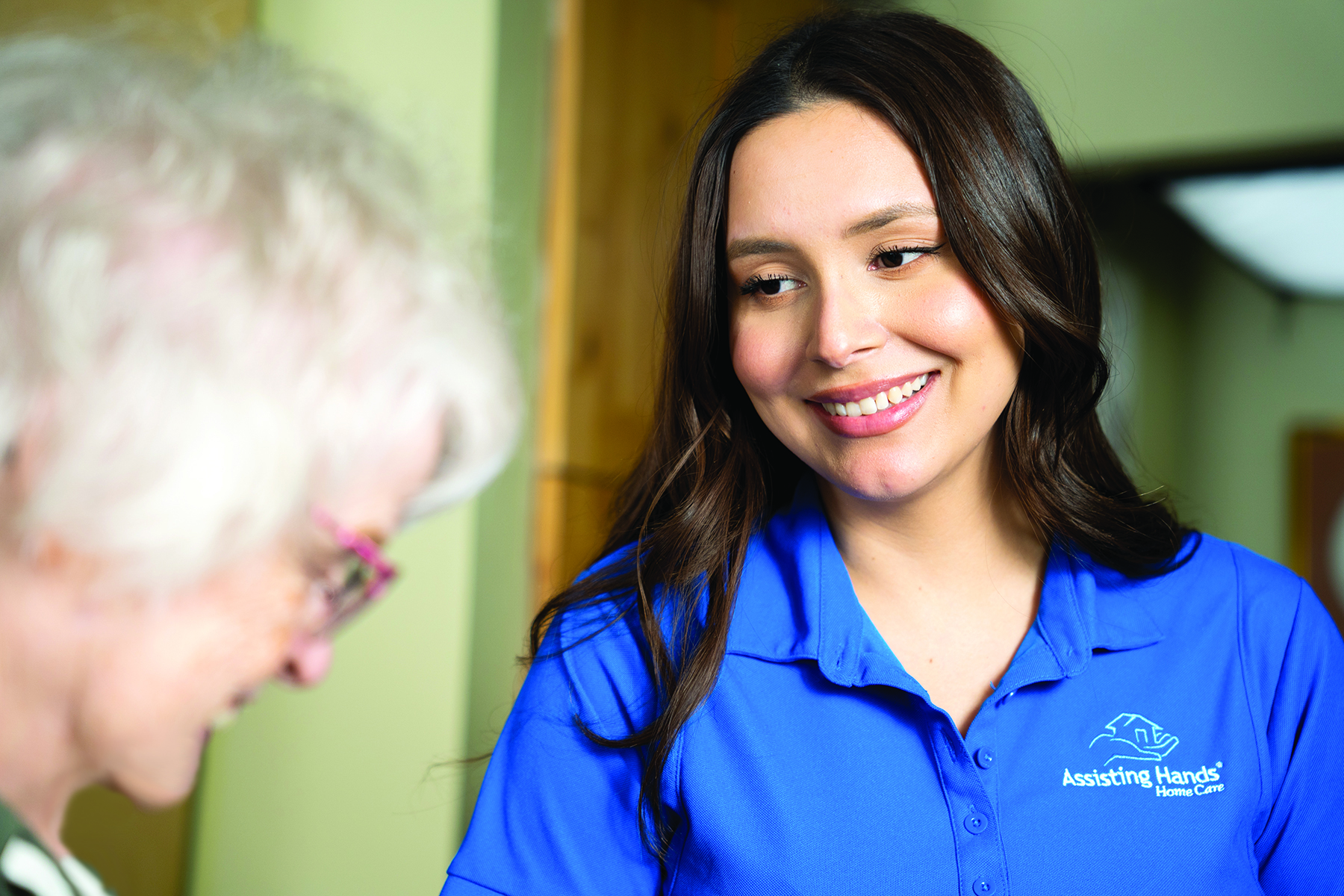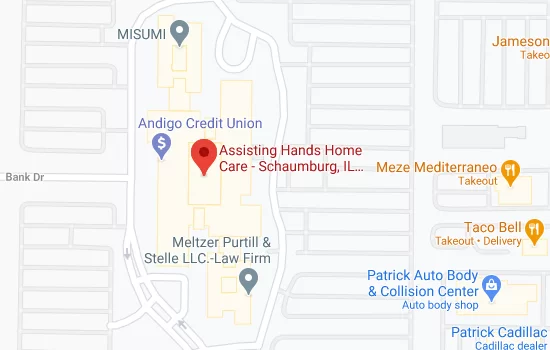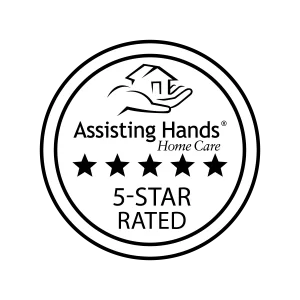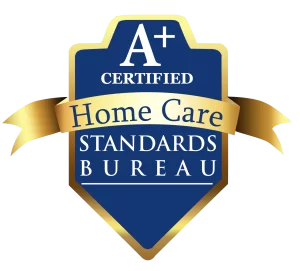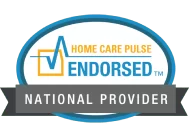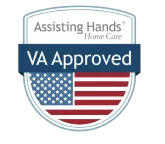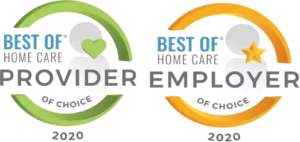Hospital treatment starts when seniors are admitted to the hospital for an injury or illness. Treatment continues, however, once the individual returns home. Successful post-treatment activities are vital to ensuring individuals do not straight away return to the hospital.
In fact, one out of every five seniors who enters the hospital returns within 30 days of discharge. The reasons for return are plentiful: a lack of education in both patient and caregiver, a hasty transition or insufficient post-discharge care instructions. Fortunately, the transition back to the comforts of home from the stress of the hospital can be a smooth one when you carefully tend to these important factors.
Plan Prior to Admittance
 If an elderly loved one is due for an expected hospital stay, planning becomes essential. Find out in advance what you need to bring and if any steps need to be taken prior to admission, such as getting medical tests.
If an elderly loved one is due for an expected hospital stay, planning becomes essential. Find out in advance what you need to bring and if any steps need to be taken prior to admission, such as getting medical tests.
Ask for a pre-admission packet from the hospital, if not offered. This packet includes key information, such as visiting hours, payment plans, hospital policies, where to go on the day of admission, the admission time and may even indicate details about any pre-admission tests the patient is required to take.
Seniors and loved ones can also create a personal hospital kit in preparation for the hospital stay. This kit, which you’d take to the hospital, may include useful information that will help during treatment, such as insurance information, prescription names and dosages, a contact list of doctors, emergency contact information and test or x-ray results.
Communicate with the Healthcare Team
It is vital to become familiar with the illness as well as the treatment a loved one is receiving. Request a documented plan of care from the hospital. Doctors, hospital nurses and members of the treatment team can provide important information to help during the hospital stay as well as after discharge. Be sure to fully understand unfamiliar terms or concepts by asking questions when doubt is in the air.
Manage Medications
Family caregivers or home care providers should become knowledgeable about the list of post-hospitalization medications. Caregivers should be provided with an accurate medication list, know when the senior should take the medicine and what is the right dosage. Some questions to ask about medications include the following:
- What new medications are needed and for how long should they be taken?
- Are the new medications safe to take in combination with medicines regularly taken prior to the hospitalization?
- What side effects, if any, are possible?
While eager to return home, seniors and caregivers may overlook these relevant details. Stay on top of important medicinal routines by sharing the medication management plan with a caregiver, who will ensure daily medications and proper dosages are taken at the right times.
Prepare Your Home
In preparation for your loved one’s return from the hospital, order any medical supplies that may alleviate discomfort or aid in recovery. A hospital team member can provide a list of useful supplies, such as a commode, diapers, skin care products, shower chair or medical items like oxygen supply. Hospital staff can also help you find out where to get these items. If you work with a professional caregiver, ask if the home health care service will provide the essential items. You can also consult your insurance to determine if the costs for equipment and supplies will be covered.
Designate Elderly Care Needs
post-hospitalization care, but a professional caregiver may need to step in for certain tasks. An appropriate plan of action is to designate the help to the proper caregiver. In order to do this, it is helpful to watch the nurses in the hospital provide care to the senior while he or she is in the hospital in order to learn proper procedures. In addition, you can ask the hospital staff to watch you and even teach you how to perform the essential tasks that keep your loved one well.
Prepare for Post-Hospitalization
Once the senior returns home, the unexpected may arise, prompting you with the need to consult a member of the healthcare team. Prepare in advance to ask questions. Put together a list of phone numbers of healthcare providers or nurses from the hospital or a home care agency familiar with your loved one’s situation.
Important signs or symptoms may necessitate further medical treatment. If the senior suffers from fever, pain or shortness of breath, for instance, are these symptoms you need to address right away? Find out who to call and what symptoms to report. Also find out about any restrictions, such as avoiding heavy lifting, walking, stairs or driving.
The transition from the hospital setting to the familiarity of home can be effectively managed to reduce the chances of re-hospitalization. As a family caregiver, this period of time may be challenging, especially if you are working or have children of your own to look after. Instances like these benefit from the added care of an in-home elderly care service provider, such as Assisting Hands Home Care in Schaumburg, IL. Our home health care aides are skilled in providing compassionate assistance to the elderly, including grooming, bathing, dressing and help with meals. We will provide invaluable assistance with daily tasks right in your loved one’s home.
Hire a Caregiver
Senior care staff, like those from Assisting Hands Home Care in Schaumburg, offer skilled non-medical help for aging individuals who need an extra hand at home. Caregivers can be arranged to provide in-home care for any duration, whether it’s a few hours a day or over several months. Temporary care can be provided while your loved one regains strength after a hospital stay, or help can be arranged for the long term. Assisting Hands Home Care is the most responsive home care service provider in the community, with the ability to send a qualified caregiver to your home within 48 hours.
Give us a call at (224) 258-0736 to set up a free, in-home consultation regarding our home health care services in the Schaumburg, IL area.

Daniela has master’s degree in electronic engineering with a pedagogical specialty and master’s degree in marketing management.
After completing her schooling, Daniela worked at a hospital for 6 years as the Director of Business Marketing Development and Public Relations.
Starting Assisting Hands Home Care
Daniela spent more than 14 years as the Assistant Vice President of a national bank before becoming a co-owner of Assisting Hands Home Care of Schaumburg.
Her background in public relations and marketing along with her personal experience caring for her mother motivates Daniela to be passionate about helping families in the Schaumburg, IL area find exceptional caregiving services for their elderly loved ones.
Besides providing home care, Daniela enjoys giving back to the community in her free time, supporting various events at St. Peter Parish in Geneva, IL such as fundraising, school projects, charity events, and more. She also enjoys volunteering for the Humanitarian Service Project in Carol Stream, IL. This organization provides seniors with meals as well as food and supplies for children living in poverty.

